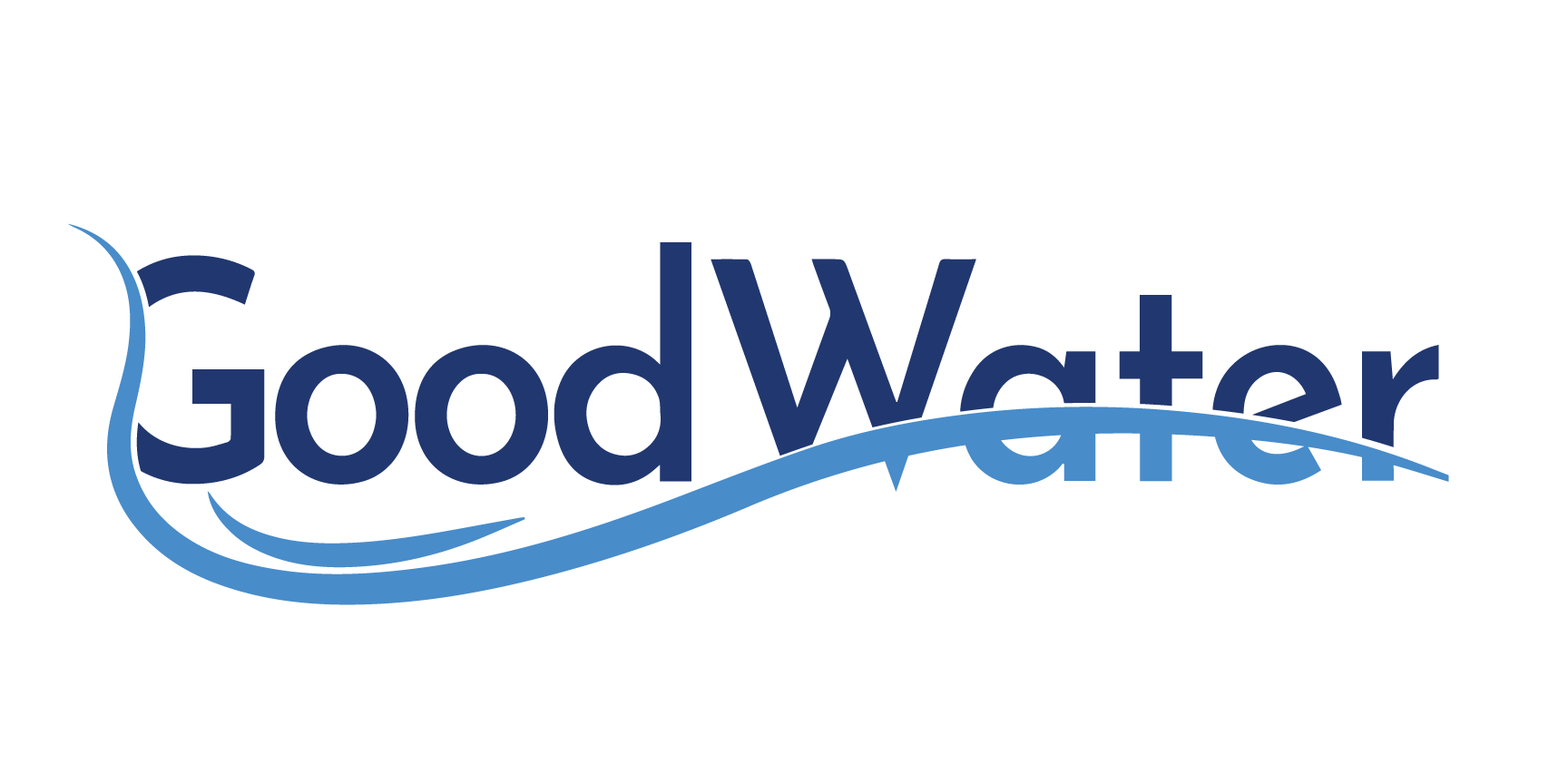Water Treatment For Dialysis Clinics in Tijearas
Dialysis is a procedure for patients who have malfunctioning kidneys due to renal failure. The kidneys filter out toxins and byproducts introduced into and generated by the body. They perform an integral role in the excretion of waste products, secretion of hormones, and maintaining a healthy pH and plasma balance.
Dialysis helps the body perform these functions, allowing individuals to live productive lives. The first dialysis center opened in the 1960s. Today, dialysis caters to more than 400,000 Americans under Medicare’s End-Stage Renal Disease Program. The aging population in Tijearas takes advantage of these services to ensure autonomy in advanced age.
Because water plays a vital role in kidney function, water treatment is essential for dialysis clinics in Tijearas. During a dialysis treatment, blood flows out of the body and bypasses one side of a semi-permeable membrane. Water treatment for dialysis clinics in Tijearas uses dialysate, a fluid in the machine that flows on the opposite side of the membrane. Any waste in the blood flows into the dialysate, and a bicarbonate solution flows from the dialysate and goes into the blood. The clean blood is then returned to the body, effectively removing free-floating salts and diluted wastes.
However, there are many scenarios where dialysis clinics may not have access to purified water. One of the most common reasons is due to natural disasters halting access to purified water. During a natural disaster, like a hurricane, many sources will either be hard to reach or will have contaminated sources until the problem is mitigated. The Good Water Company systems don't need electricity, ensuring purified water is still accessible in most scenarios.
Water Treatment For Dialysis Clinics In Tijearas
1. Water treatment for dialysis clinics in Tijearas makes dialysis safe and sanitary. According to the Centers for Disease Control and Prevention, dialysis requires a unique water treatment process to prevent adverse patient outcomes in dialysis therapy. Improper usage of water can cause incorrect formulations of dialysate.
2. Water ensures normalization of electrolytes and helps deter acid-based abnormalities. Uremic toxins include water-soluble, non-protein compounds like urea. It also includes lipid-soluble compounds like phenols. Without water treatment for dialysis clinics in Tijearas, there is no safe way of removing and diluting concentrations of these uremic toxins from the body.
3. The dialysate is only soluble in water. This is the solution on the other side of the membrane that needs water as a carrier to help remove toxins from the blood, preventing it from accumulating.
Good Water Company: Water Treatment For Dialysis Clinics in Santa Fe
Good Water Company specializes in designing and servicing water treatments in the northern New Mexico area and throughout the East Mountains. Access to water that is free from natural and human-made contaminants are the hallmarks of its service, as well as a requirement for water treatment for dialysis clinics in Tijearas.
CONTACT US




